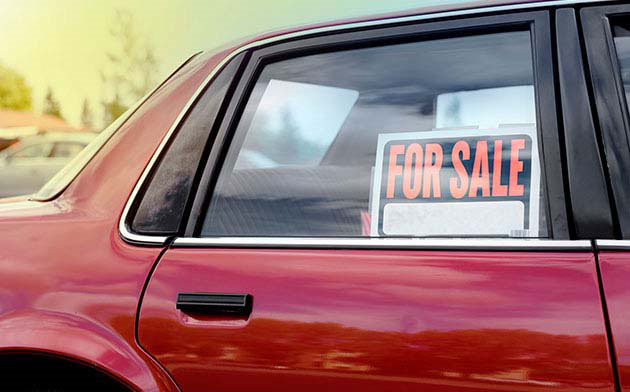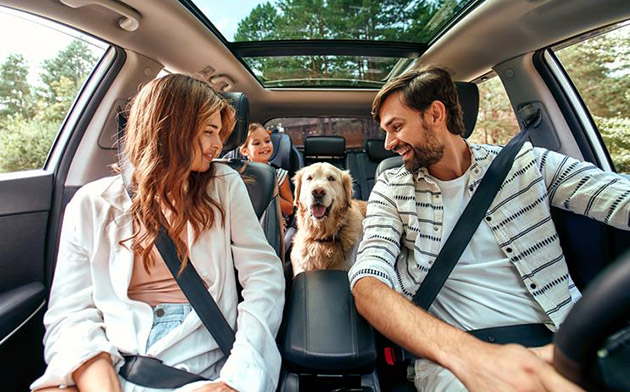When you buy a car, you expect certain things.
Purchasing a car from an auto dealer means you will be at least somewhat protected if something happens with the car and can feel some peace of mind that the car’s title is clean. These buyer protections are due to certain regulations that protect consumers. 
Unfortunately, not everyone plays by these rules.
Some dealers circumvent these regulations through what’s called “curbstoning”—they pose as private sellers, unload multiple cars, and often disappear. They’re usually stationed out of a vacant lot or on the side of the road. Experts say up to 80% of online used car sales are orchestrated by curbstoners.
Follow the tips below to protect yourself from potential curbstoners when shopping online for a used car.
“When purchasing something on the internet, always trust your instincts,” said Jerry Leach, SELCO’s Loan Center Manager. “If you have a bad feeling, it’s OK to step back, say no, and keep looking. My grandpa used to say, ‘The opportunity of a lifetime only comes around once a week.’”
Ask questions about the car you found online
When you first reach out, be intentionally vague and only ask about the car without giving details. If the seller responds and asks which car you’re referring to, you’ll know they have multiple cars for sale and might be a curbstoner. (Oregon residents are limited to three vehicle sales in a calendar year; anything beyond that requires a dealer’s license.)
Take a knowledgeable friend or family member with you
Having a car enthusiast tag along can save a lot of time and money. A quick, overview-style look at the car by this person could likely save you the expense of an inspection by a mechanic.
Have the car inspected
If you don’t have a “car buff” to look at the vehicle, have it inspected by a mechanic before you buy. Don’t have a mechanic? There are plenty of reviews of local shops available online. You can also request a written repair estimate.
Check the car's history
You can discover vital information about the car, including whether the odometer has been rolled back or if it has a salvage title when checking the car's history. There are multiple companies that offer this service (AutoCheck and CARFAX are two reputable options). Free options include the National Motor Vehicle Title Information System and VINCheck® Lookup. It might also be a good idea to investigate the fuel-economy data of the car. Each year, the US Department of Energy (DOE) and US Environmental Protection Agency (EPA) collaborate to put out a fuel economy guide to help consumers make informed decisions when purchasing a vehicle. Visit this website to see the 2024 Fuel Economy Guide as well as detailed fuel-economy data for new and used vehicles dating all the way back to 1984.
Match the seller's driver's license with the title
Make sure the seller’s driver’s license matches the name and address on the car’s title. If there is a discrepancy, that’s another red flag.
Use caution when sellers mention family or friends
Be wary if a seller mentions their family or friends in their sales pitch. If sellers tell you they’re selling for someone else, it’s likely not true.
Know your options if things go sideways
Keep in mind that you have the power to file a complaint if something does go wrong. You can file one with your local consumer affairs office, the Motor Vehicle Administration or state DMV, and the state Attorney General’s Office.
It’s important to be on the lookout and be extra cautious when purchasing a car from a private dealer. Be on high alert for curbstoners and always remember that it’s OK to back out if something doesn’t feel right.
For additional tips, check out our "Guide to Buying a Vehicle from a Private Seller."


